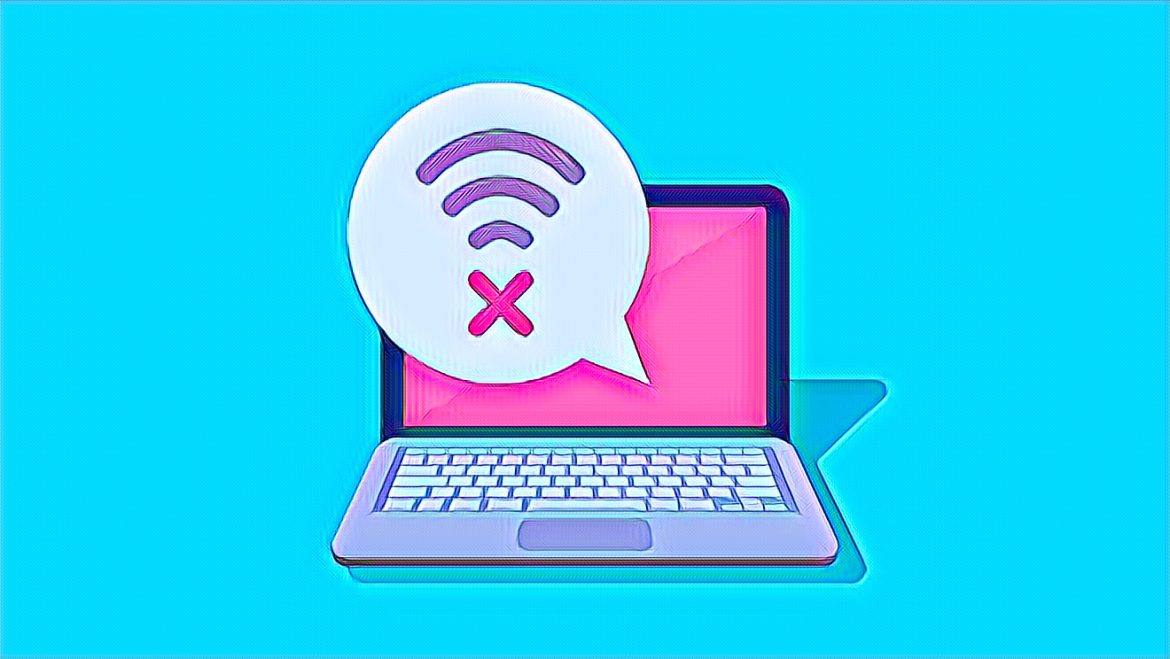In an unexpected turn of events, what initially seemed like a minor internet disruption has escalated into a severe crisis, significantly impacting various sectors and stirring concerns about financial transactions and national security. The root of the problem traces back to the damage inflicted on multiple undersea cables, including those in Portugal, Senegal, and Côte d’Ivoire, severely affecting internet data services. This incident has cast a shadow over the reliability of the digital infrastructure that underpins modern life, from social media to e-banking and ride-hailing services.
The disruption in the West Africa Cable System (WACS) and other key cables has led to widespread outages, leaving individuals and businesses grappling with substantial commercial losses. Network service providers are scrambling to restore services, but technical experts warn that a full recovery could be weeks away. The cause of the cable damages remains speculative, with undersea earthquakes being a suspected culprit.
The impact of the crisis is far-reaching. Banking services have been thrown into disarray, complicating transactions for countless customers. Similarly, the operation of ride-hailing services has been severely compromised, leading to a standstill in vehicular movement on Thursday and the following day. The academic sphere is not spared either, with tertiary institutions facing challenges as lecturers and students struggle to access essential research materials online.
The National Communications Authority (NCA) has shed some light on the situation, revealing that the disruption stems from damage to four international undersea cables: ACE, WACS, SAT-3, and MainOne. Investigations by submarine cable service providers and mobile network operators (MNO) pinpointed the disruptions to multiple locations, including Côte d’Ivoire and Portugal, leading to a substantial loss of 1,596.6 Gbps of data capacity for Ghana.
The country’s major internet service providers, MTN and Telecel (formerly Vodafone), find themselves directly affected by these cable damages. Airtel-Tigo, however, continues to provide uninterrupted service through the Glo1 cable, while its competitors strive to regain full connectivity. Despite these challenges, services like Facebook and Google remain accessible on the MTN network, thanks to caching solutions that draw updates from data centers in Nigeria.
Efforts are underway to mitigate the crisis, with MTN and Telecel exploring connections to the Google Equiano cable, which terminates in Togo, to bolster internet connectivity. As the nation looks for answers and solutions, Ursula Owusu-Ekuful, the Minister of Communication and Digitalization, is set to address Parliament on Monday regarding the government’s response to this unprecedented challenge.
This crisis underscores the fragile nature of the global internet infrastructure and the profound impact such disruptions can have on daily life and the economy. The incident serves as a reminder of the importance of safeguarding this critical infrastructure against natural disasters and other unforeseen threats. As Ghana navigates through this digital turmoil, the focus is not only on immediate recovery but also on strengthening resilience against future disruptions, ensuring that the backbone of the modern economy can withstand the tests of time and nature.
Source: Graphic Online





11 comments
Your point of view caught my eye and was very interesting. Thanks. I have a question for you. https://www.binance.info/uk-UA/register?ref=XZNNWTW7
I’m not sure where you’re getting your info, but great topic.
I needs to spend some time learning much more or understanding more.
Thanks for wonderful info I was looking for this info for
my mission.
As the admin of this web page is working, no question very shortly it will be
renowned, due to its quality contents.
Heya i am for the first time here. I found this board and I find It really useful & it helped me out a lot.
I hope to give something back and aid others like you aided
me.
Today, while I was at work, my cousin stole my iphone and tested to see if it can survive a thirty foot drop, just so she can be a youtube sensation. My apple ipad is now destroyed and she has 83 views. I know this is entirely off topic but I had to share it with someone!
I really like your blog.. very nice colors & theme. Did you create this website yourself or did you hire someone to do it for you? Plz answer back as I’m looking to create my own blog and would like to find out where u got this from. kudos
With havin so much content do you ever run into any issues
of plagorism or copyright infringement? My website has a lot of exclusive content I’ve either created myself
or outsourced but it appears a lot of it is popping it up
all over the web without my agreement. Do you know any methods to help stop content from
being stolen? I’d certainly appreciate it.
Your style is unique compared to other people I’ve read stuff from. Many thanks for posting when you’ve got the opportunity, Guess I will just book mark this page.
I visited various blogs except the audio quality for audio songs existing at this web site is really fabulous.
Today, I went to the beachfront with my children. I found a sea shell and gave it to my 4 year old daughter and said “You can hear the ocean if you put this to your ear.” She put the shell to her ear and screamed. There was a hermit crab inside and it pinched her ear. She never wants to go back! LoL I know this is entirely off topic but I had to tell someone!
Heya! I understand this is kind of off-topic however I needed to ask. Does building a well-established blog such as yours require a lot of work? I am brand new to writing a blog but I do write in my journal on a daily basis. I’d like to start a blog so I can share my personal experience and feelings online. Please let me know if you have any suggestions or tips for new aspiring blog owners. Appreciate it!